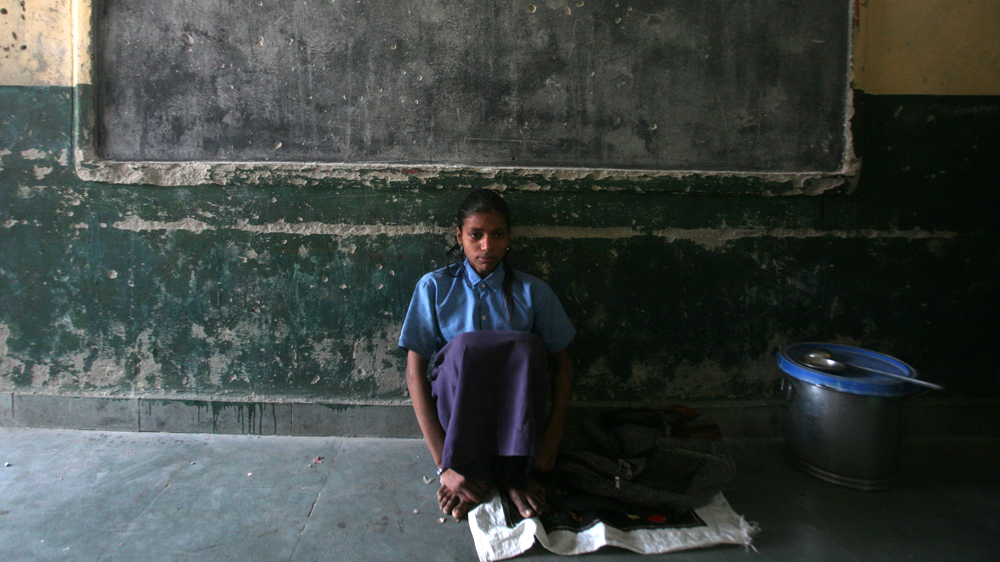It is a truism that judges, especially the members of India’s higher judiciary, love seeing themselves as knights in shining armour, or even samurai warriors battling corrupt politicians, venal wheeler-dealers in the administration and crime-accused who pose a danger to society. Ideally, this should not be the case, for vainglorious notions and perceptions of supremacy are inimical to judicial discipline, and in the long run, cause considerable harm to the rule of law.
But then a yawning deficit in governance, politicians’ cynicism and a credulous population who go on swearing by its “faith in the judiciary” has let things come to such a pass where “judicial activism” has run completely amok, and instead of improving governance, places needless hurdles in its path.
Allahabad High Court judge Justice Sudhir Agarwal’s August 18 Order is yet another example of this malaise. While disposing of a batch of petitions challenging the recruitment process of junior teachers in Uttar Pradesh’s government-run primary schools, he directed that every public servant – government employees, elected representatives, members of the judiciary, bureaucrats – must send their children to these schools. Non-compliance would invite penal consequences and the chief secretary was directed to come up with a plan within six months so that the order could be executed from the next academic session.
Judicial Activism Gone Amok
- Allahabad High Court’s judgment asking public servants to send their kids to government schools is an instance of ‘judicial excess’
- The very logic of holding government servants responsible for the plight of state-run schools is a flawed one
- Penalising defaulters and utilising funds to improve infrastructure of education is also devoid of any economic basis
- Government should appeal against the order to set the course straight
Where Angels Should Fear to Tread
The facts of the case had nothing to do with this trenchant order. The petitioners had challenged various irregularities and illegalities in the appointment and recruitment process and the nepotism and corruption which lay at the root of these malpractices.
To be fair, the parlous state of affairs that primary education is in India, especially in certain states, would make any conscientious citizen aghast. If one looks at UP, where for decades many stakeholders have reduced it to a cesspool of corruption and utter hopelessness, he would well consider it to be beyond redemption. Government apathy is only one of the reasons – there are structural problems galore which require sustained, multi-pronged and comprehensive measures and approaches to stem the rot.
However, this reasoning was lost on Justice Agarwal, who let radical fervour and misguided zeal get the better of him. Holding government officials solely responsible for the plight of state-run primary schools and their students, he decided to teach the wrongdoers a lesson. Taking “judicial cognizance” of the state of things, he embarked upon a classification of schools which is both simplistic and flawed.
Categorising schools as elite, semi-elite and common-man’s requires much more than angst against the privileged lot or good missionary schools which, although populated mostly by students from affluent backgrounds, have, over the years, done quite a bit to open their doors to the underprivileged.
A Muddled Head
Moreover, the plan of penalising defaulters and using that money as funds for the schools – to improve infrastructure, hire better quality teachers, provide more assistance to needier students – would surely befuddle anyone remotely familiar with elementary economics and accounting. Who will decide on the quantum of fines? How would these be levied successfully, and if at all that is possible, would the amount collected be even a tiny drop in the ocean of severe paucity of funding?
Perhaps the worst aspect of the ruling is in its self-created irony. Justice Agarwal bemoans the fact that thousands of poor children have no choice but to end up in schools with abysmal standards. Hence, he deems it essential to find a remedy – compelling others to subject themselves to the tragedy of being deprived of good education which they deserve. This is cruelly absurd and not at all revolutionary as this report contends.
One can only hope that the government appeals against this order at the earliest, and a larger bench does justice to it. But can one be certain that it would curb pernicious judicial enthusiasm?
